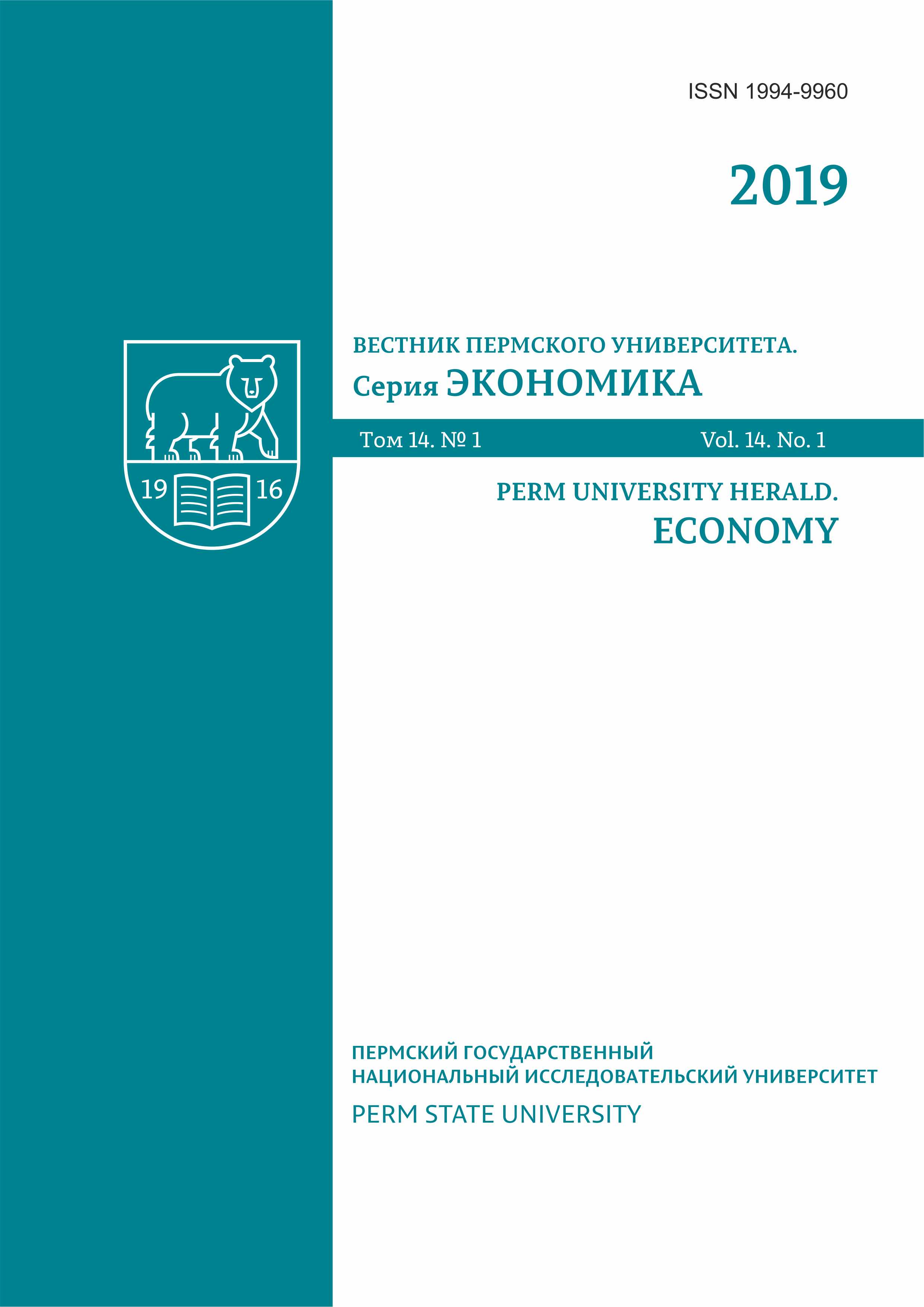Vol. 14 No. 1 (2019)

Volume 14, Issue 1, 2019 of the Journal begins with the article that demonstrates the results of the retrospective analysis of the development of the institute of an independent assessment of social service quality in Russia. The main trends to increase the efficiency of the institute functioning and its transformation into a really operating institute of the public control system are described there. The process is significant in the terms of domestic social and economic institute modernization.
The first article in the section “Economic-mathematic modeling” introduces the readers to an open personal intellectual technology for the development of adaptive methods of assessment of investment attractiveness and creditworthiness of enterprises on the basis of automated system-cognitive analysis and the “Eidos” system. The next two articles develop the theories of the scientific school “Functional-differential equations: constructive research methods and applications (in Economics)” of the Department of Information Systems and Mathematical Methods in Economics, the Faculty of Economics of Perm State University. The solution for the task of management decision-making to improve investment resources attraction for small enterprises has been suggested in the first article. The second one proves the advisability to apply p-adic method for the analysis of financial market and for the prediction of its volatility. The last article in the section suggests the tools for the solution of a multy-criteria optimization management of a retail unit of a commercial bank on the basis of dynamic economic-mathematical models with the control action and vector quality criterion.
The original assessment of the impact of the entrepreneurship capital rate of a region on the turnover of small and medium enterprises with the three-factor production functions has been presented in the next section of the journal.
In the section “Enterprise economy and management of industrial enterprises, organisations, branches, complexes” the regularities of the functioning of modern enterprises as an object of marketing management have been determined; the influence of the organizational structure on the practice of corporate social responsibility in order to identify differences in the systems of corporate social responsibility of companies with different types of organizational structures has been studied; the method of risk management and uncertainty in the implementation of projects in the construction industry to improve the quality of information support of management decisions has been suggested; the key factors of successful clustering of the region's economy have been identified and a model of the impact of innovation and industrial cluster on the socio-economic development of a territory has been suggested.









